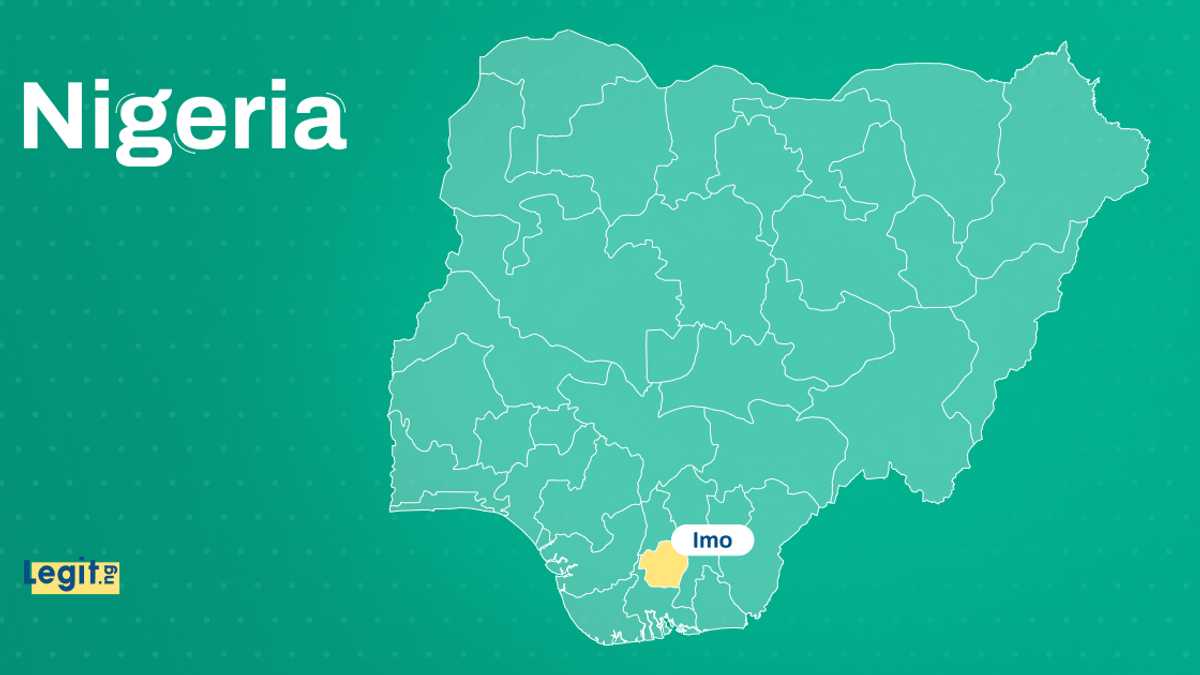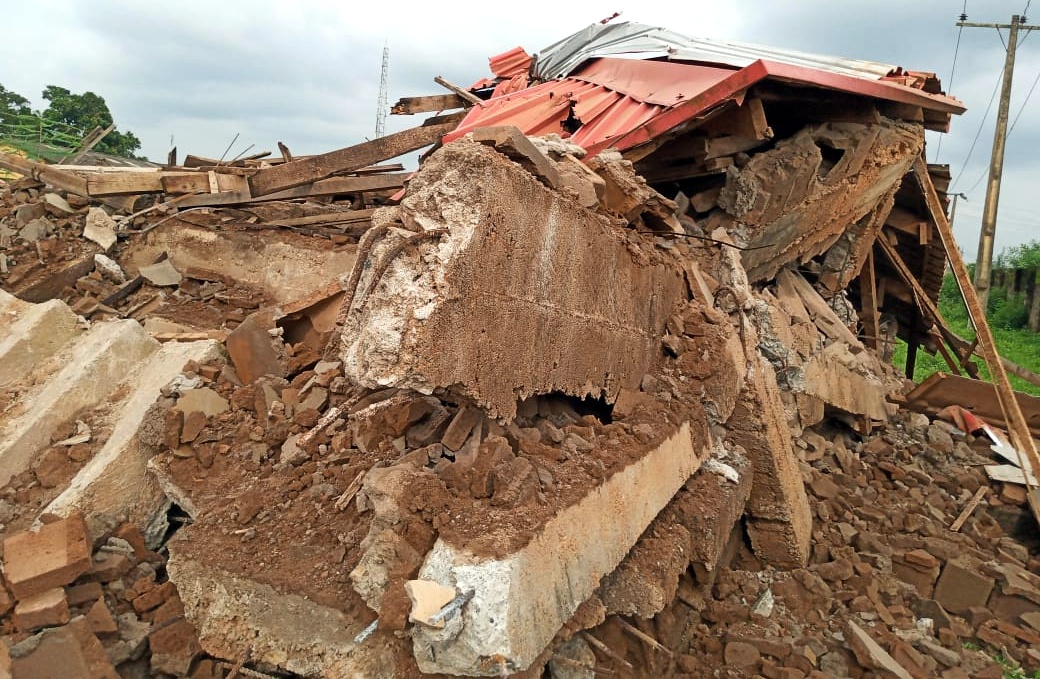What should we learn from Climeworks? - by Chris and Nicole
One of the most difficult questions we see climate founders grappling in the strange, weird world of 2025 is ordering. What should come first, the science, the messaging, or the company? It’s tough. Great science, uncoupled from the messaging and company needed to create and service demand, languishes in labs and peer review, never to be seen. We wrote about an example of this last week. A great business model lacking science and messaging will raise money (sometimes) and die. And great messaging, brought into the world without scientific rigor or favorable unit economics, is basically crypto. This stuff is hard, and especially in a market where climate companies are competing for capital with ruthless ex-Blackrock types layering AI into B2B SaaS.
But. There’s a tendency in climate circles to expect early-stage companies, even exorbitantly funded ones, to have all this figured out from the jump. Coral started out as our attempt to discover why there hadn’t been a wave of economically huge exits in climate, despite the obvious truism that every business is now a climate business, and to hopefully tilt the future curve in that direction. There are many reasons for this, which we’ve written about at great length, but one of them is the tendency in our industry towards self-flagellation.
Sometimes this is justified. We’ll never understand, for example, what the Northvolt CFO was smoking when he looked at a 500-1 debt-to-earnings and decided “yep, let’s keep approving expansions.” Others, not so much, which is why we’ve had a lot of trouble understanding the pile-on directed at DAC pioneer Climeworks, which announced last week the first round of layoffs in its history, amid what were (incorrectly, in our opinion) labeled as technology failures at their Iceland CDR plants. Let’s discuss.
First, the history. Climeworks was founded in 2009 by a pair of Swiss scientists, and reached the laboratory prototype stage in 2012. Since then, it’s launched successively larger DAC plants about every 3 years, culminating in the Orca and Mammoth plants in Iceland. These plants, which have listed DAC capacities of 4,000 and “tens of thousands” of annual tonnes, started operations in 2021 and 2024, respectively, and are the two largest establishments of their kind in the world.
Climeworks has raised almost $800m US across a half-dozen rounds, with ~$650m of that total coming in a 2022 mega-round. It’s also a cool business model, with split pathways for individuals, corporations, and tax-break seekers to purchase carbon removal, and transparent 3rd party verification. We went through and bought $100 / 100kg of removed carbon just to see how the flow worked, and let’s just say that we wish more companies would operate like this.
So, we sat down to write this piece and were expecting it to be a situation similar to Northvolt, one where good intentions ran into shitty execution, overextension of investment, a bit of light fraud, and other general incompetent malfeasance. That doesn’t appear to be the case. There are a few threads to pull on here.
Also, dear media; Please get someone on staff who can explain how scientific development works to you. Yes, Climeworks raised a lot of money, conducted layoffs, and their technology is still very early and improving. These are all true, but in our view they are correlative, not causative, and don’t make the company a scam. There are plenty of those around to yell about.
We wish Climeworks luck, and are cautiously optimistic about its future. The world needs DAC to work, and this still looks like the best hope.
Lastly, a question for our readers; We’re starting to explore ways to both make Coral more sustainable without a dependency on fundraising, and to pump capital into a number of larger projects we have cooking. Would anyone consider a small, monthly subscription to help us do that? We’ve promised to never paywall our content, and that promise stands. This would be entirely voluntary and additive, and come with access to a slack community where you can grill us on any subject, and also meet others from the best email list in climate tech. Reply back to this note with any thoughts on what you’d want to see for us to earn a few of your dollars each month. As always, thank-you for reading and we’ll see you soon.
Please consider forwarding this piece to a friend or tossing it on the social platform of your choice. Coral Carbon is free and always will be, and every subscriber helps us keep doing this. If you’re a climate founder, executive, or career-changer and want to work with us directly, stop by our online home at.
https://www.coralcarbon.io/











